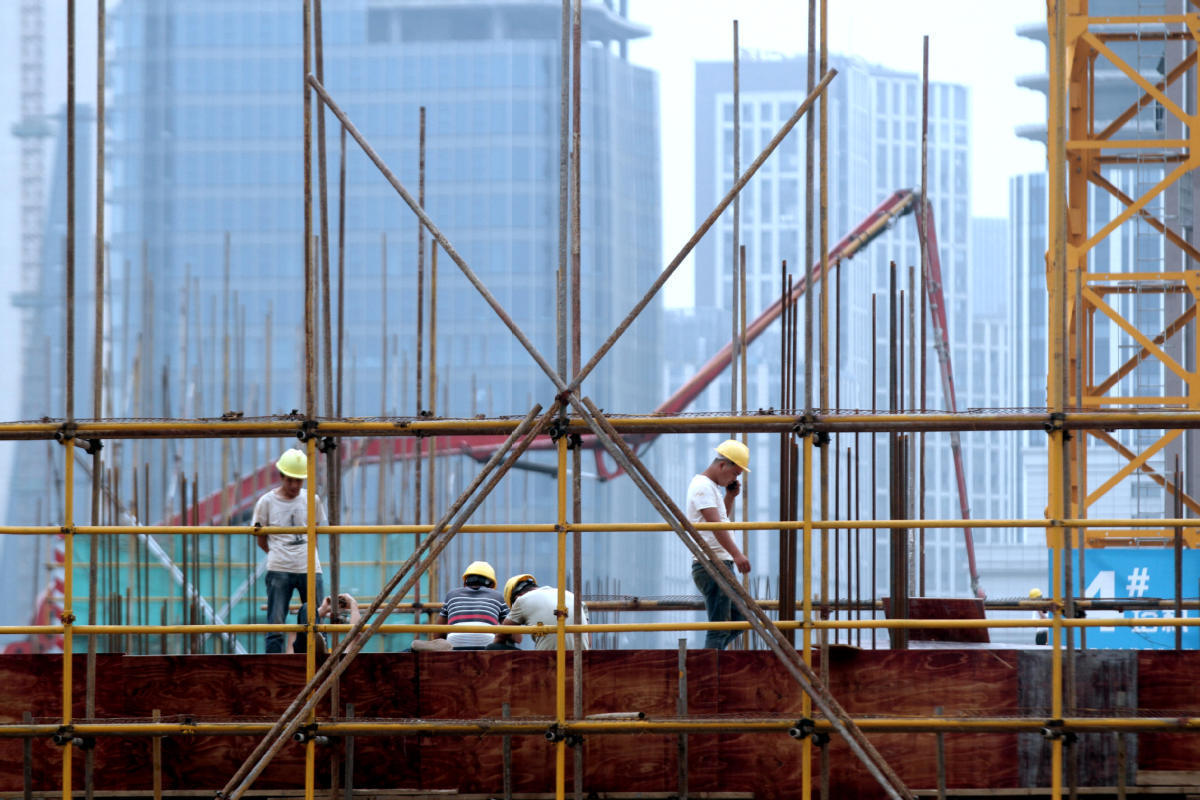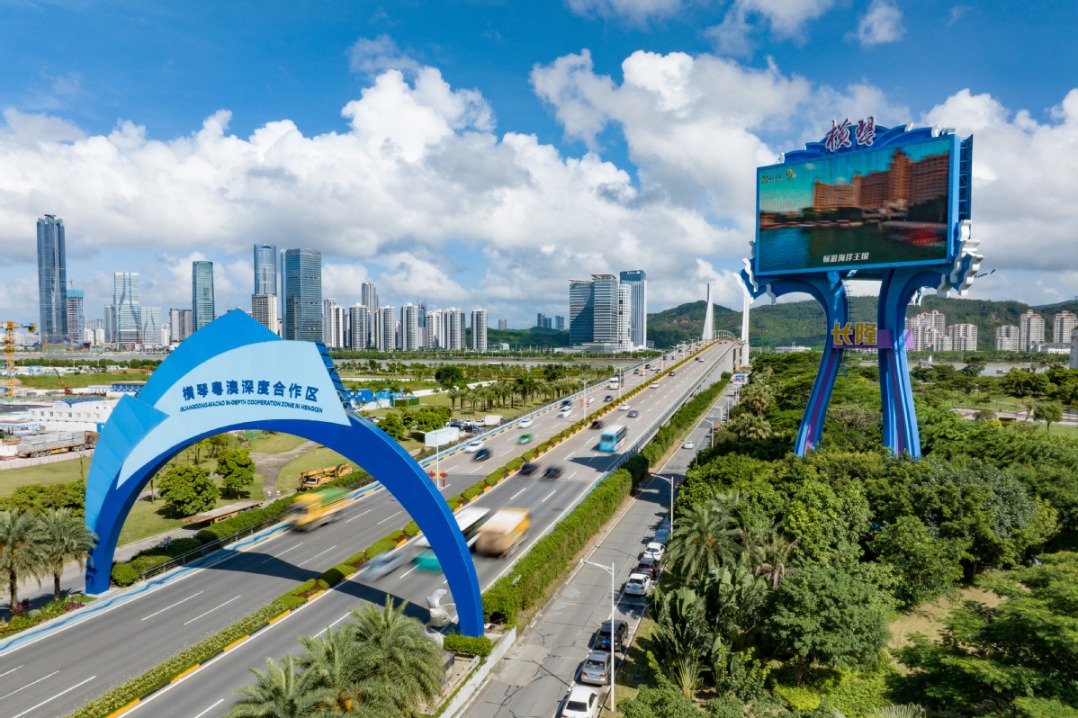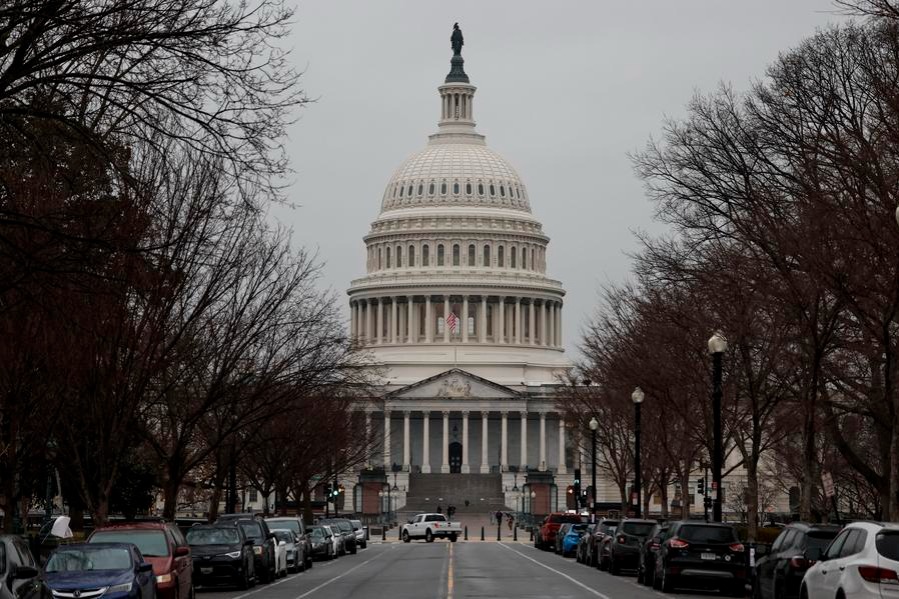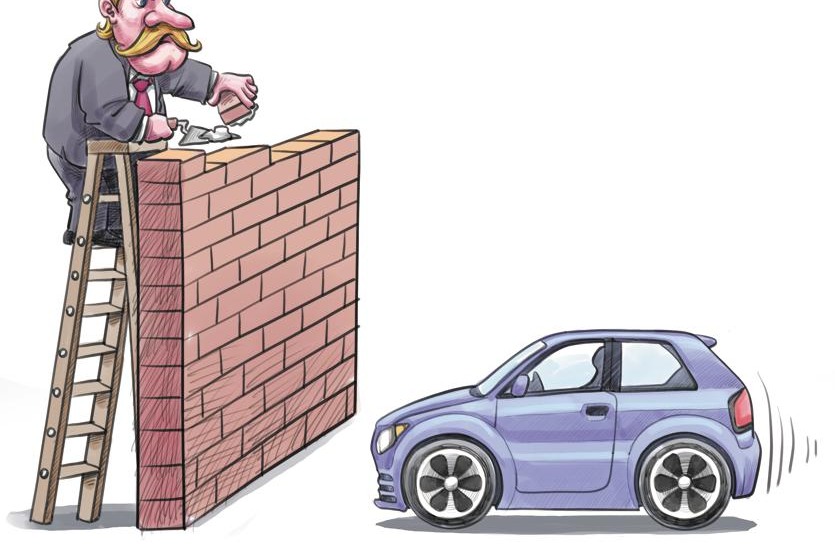Doubts over China being a developing nation baseless


Thanks to its rapid economic growth, China has not only become the world's second-largest economy but also cultivated many high-tech companies, including Alibaba, Huawei and Tencent. But it is wrong to assume, as some Western media reports do, that China is a "developed country" that is trying to challenge the United States' dominant global status.
In the 70 years since its founding, the People's Republic of China has made many remarkable achievements. But despite that, China remains a developing country, and has much to do to become a developed country.
First, China's development is uneven. Its coastal provinces are developed compared with its inland regions. For example, in the eastern region, the per capita GDP of cities such as Beijing, Shanghai and Tianjin is more than $13,000, equal to that of a lower-level high-income country. But some places in the western region are less developed, and their per capita GDP and per capita income both are comparatively low.
Also, China's urbanization rate is about 58 percent-much lower than the about 80 percent in developed countries. There is also a development gap between urban and rural areas. For instance, per capita disposable income of urban residents is 2.7 times that of rural residents, and per capita consumption expenditure of urban residents is 2.2 times that of rural residents, not to mention the gap between urban and rural infrastructure and public services.
And the lack of proper transportation networks has made many places in China relatively inaccessible. True, China has forged ahead in highway construction. But its highway mileage density is still low.
As for sanitary facilities, rural areas face many problems because of poor public infrastructure. In 2015, China initiated a "toilet revolution" to improve rural hygiene. In the more than three years since then, over 70,000 toilets have been renovated or built. Despite these efforts, however, only 36.2 percent of the rural population has access to modern toilets with 58.6 percent using pit toilets. The lack of drinking water, proper healthcare and telecom networks are some of the other problems plaguing rural China.
Second, despite China being the second-largest economy in the world, its per capita income is relatively low. Even though the World Bank has placed China in the middle-to high-income group of countries on the basis of its per capita income, the country's per capita income of $9,291 in 2018 was less than the global average. Which means China is still a developing country rather than a developed country.
Third, the Chinese economy is shifting from manufacturing-and export-driven growth to services-and innovation-led development, with the government laying greater emphasis on environmental indicators to not only better protect the environment but also build an ecological civilization. And China still needs to improve its investment efficiency, as it is lower than that of developed countries.
Moreover, the Chinese economy's scientific and technological innovation capability is still not up to the mark. Compared with the developed countries, China's manufacturing sector produces huge quantities of goods, yet it is in a disadvantageous position on the global industry chain. In addition, China's cultural construction, defense capacity, scientific and technological development, and modernization levels also need to be improved.
And fourth, China is transforming its development model from quantitative growth to high quality development to help its people lead a better life. But it still has to lift about 30 million people out of poverty, and provide proper healthcare and other services for its fast rising aging population, which has exceeded 200 million.
Yet some Western media outlets have made it a habit to either hype up the "China threat" theory or the "China collapse" theory, because of their premeditated notions and prejudiced views. Hopefully, the Western countries will wake up to reality, and accept China for what it is: a dynamic but an emerging market economy.
The author is a researcher at the Institute of World Economics and Politics, Chinese Academy of Social Sciences. The views don't necessarily represent those of China Daily.


































